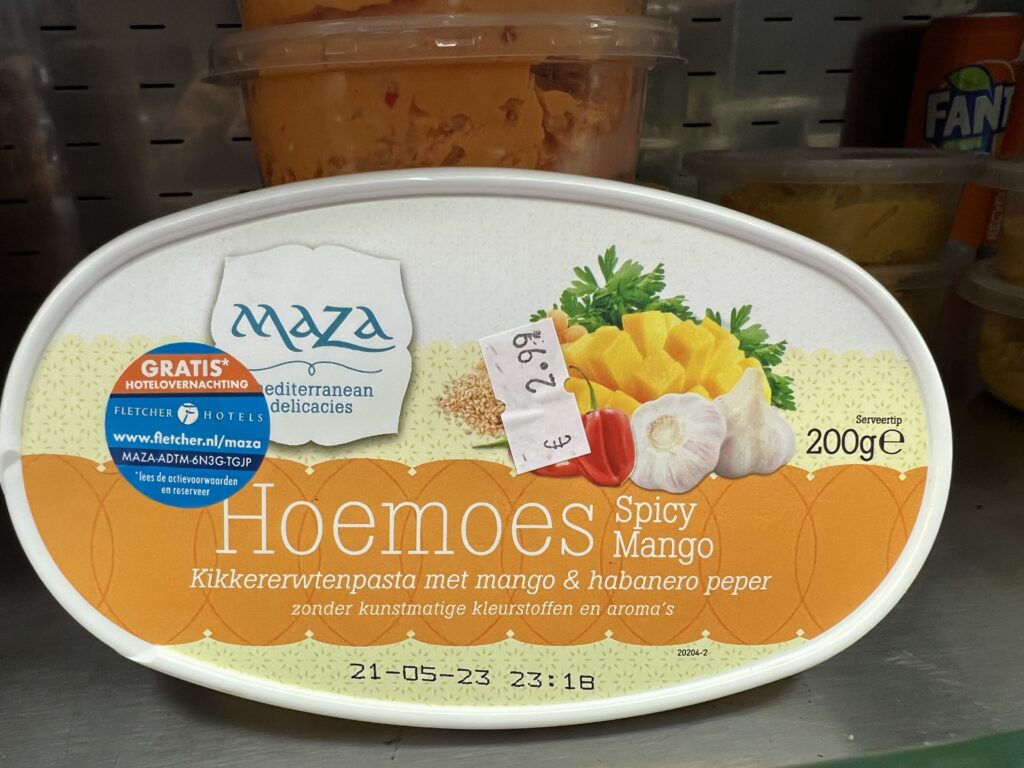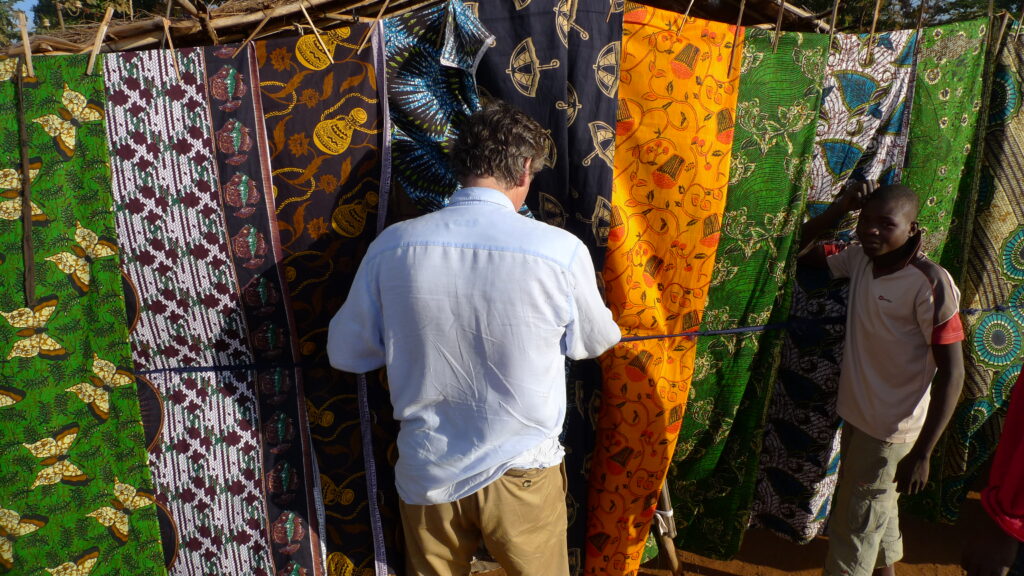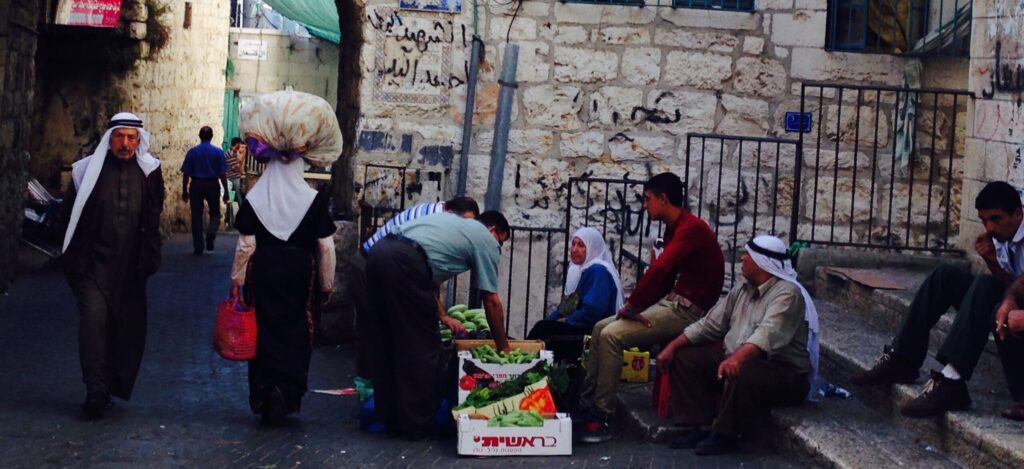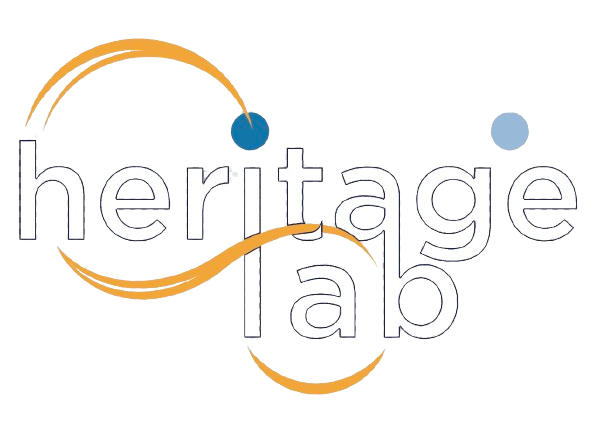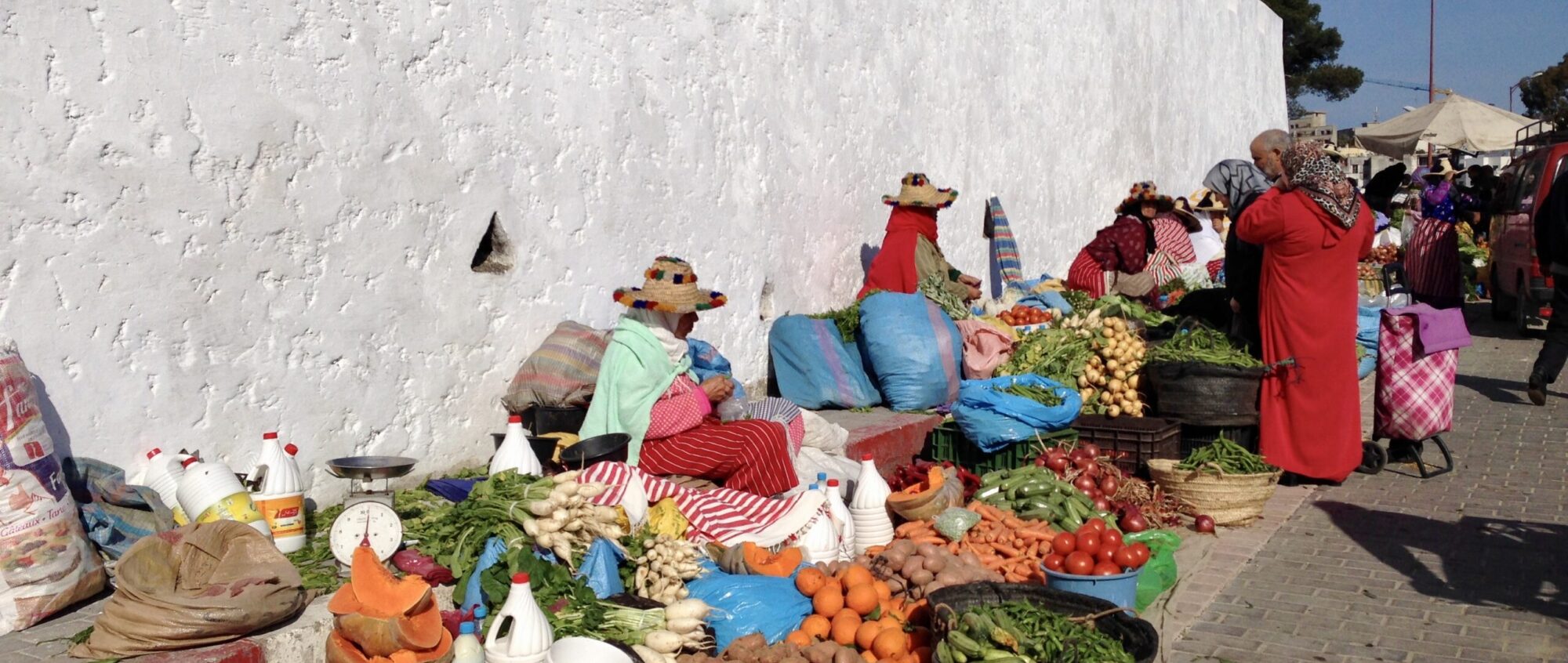First and Foremost
Heritage is not a zero-sum game. That is to say while heritage sustains us and validates our existence, beliefs and politics, “authentic” heritage is not absolute and not necessarily exclusive to any one group, place or narrative.
At HeritageLab We
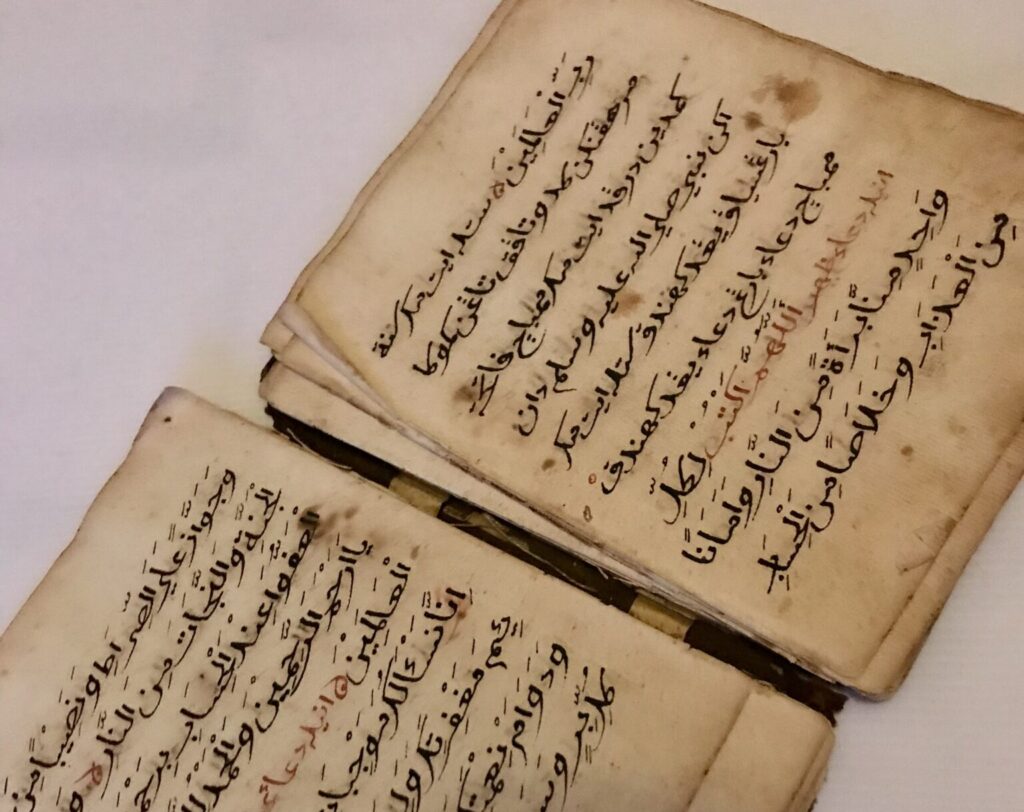
Question Heritage’s Past
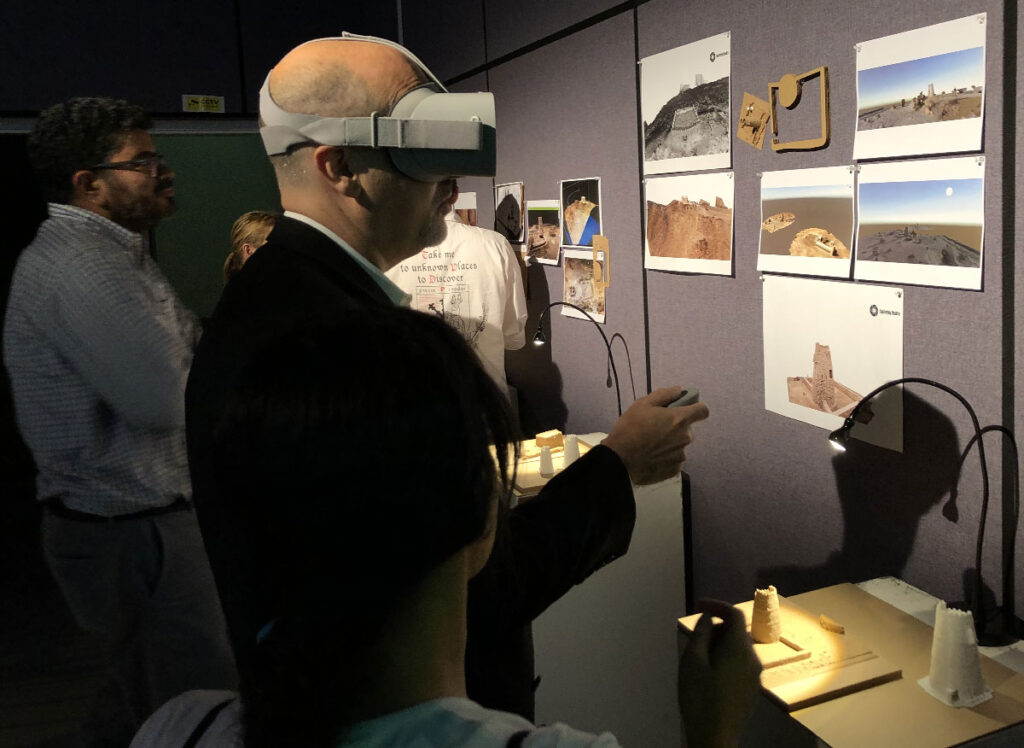
Embrace Heritage’s Future
THE PAST
Heritage for too long has been a construct of those empowered/those in charge, often to further bolster their power and legitimacy.

Heritage for too long has operated on a process of exclusion that almost always means, “This is my heritage, not anyone else’s.”
Material heritage has for a long time been about objects being valued for their stories–and those stories are determined by the storyteller who can claim ownership of the object or at least its possession.
THE FUTURE
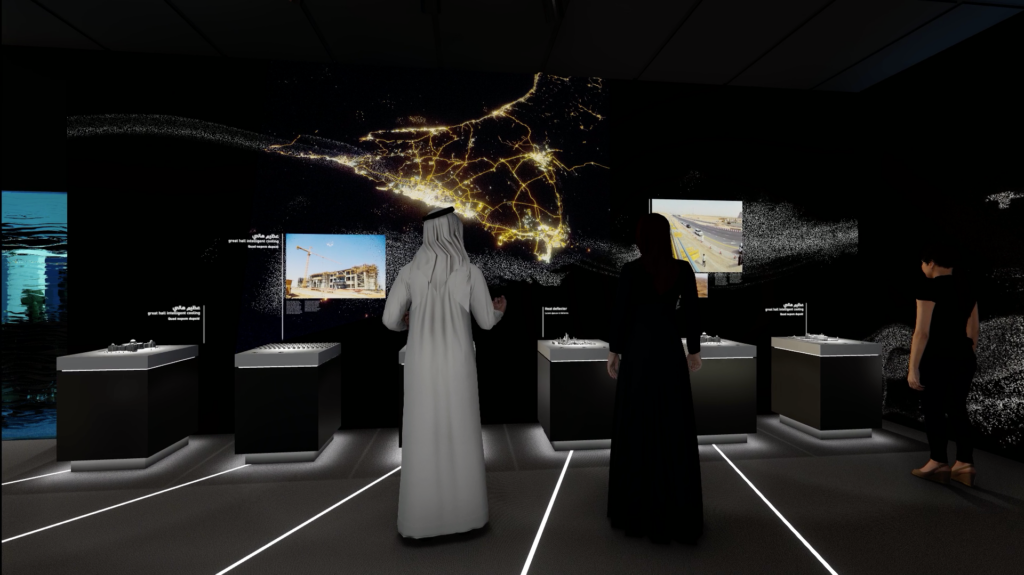
With or without formal academic studies, people exist when they have collective heritage and memories– or objects that might not be from archeological digs but are imbued with collective memory, whether acknowledged or not by experts and authorities.
Heritage exists in multiple layers of time, space, cultures, races, economies and religions.
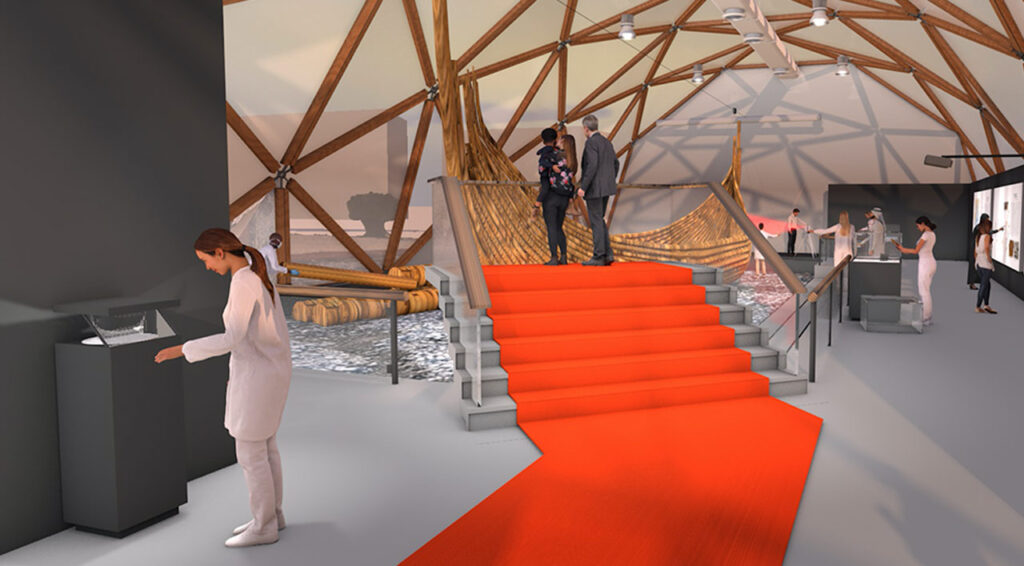
Heritage is transnational and tribal, as well as national.
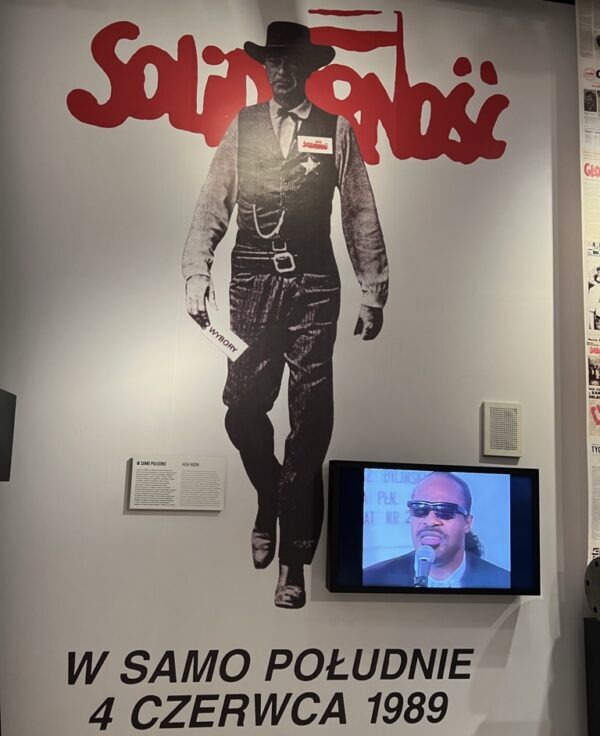
Memory, remembrance and reminiscence are integral to both nostalgia and heritage. But heritage should not be confused with nostalgia, which is an emotional, romanticized evocation of a time past, whereas heritage is the commemoration of that past.
Heritage is also about justice. Heritage is shared, even–or perhaps especially–when it is contested. Justice happens when there is acceptance of shared heritage as means of moving into an equitably shared future.

We believe in empowering those who listen to local communities before talking about a heritage site or practice.
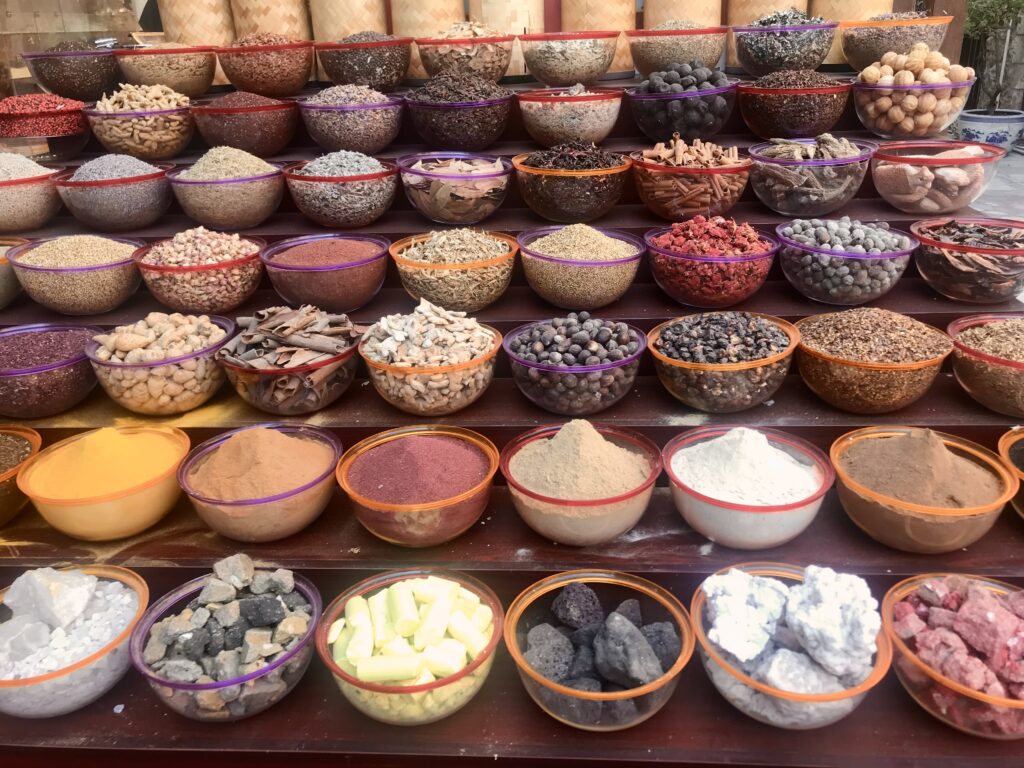
What is “authentic” or “traditional” is determined by the person who values it as such, rather than official bodies who construct authenticity.
We all have the right to remember. Collective forgetting or collective amnesia necessitates a remembrance by someone else.
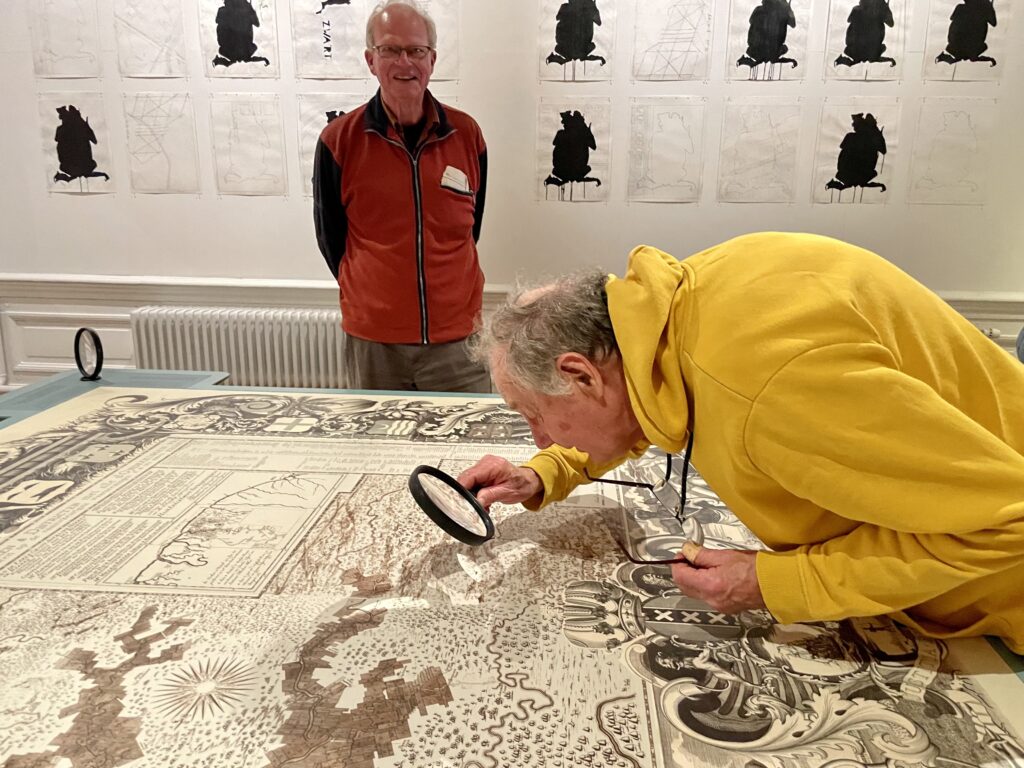
We believe community storytellers, artists and scientists as much as we believe in archaeology, archives, museums and DNA to tell a heritage story.
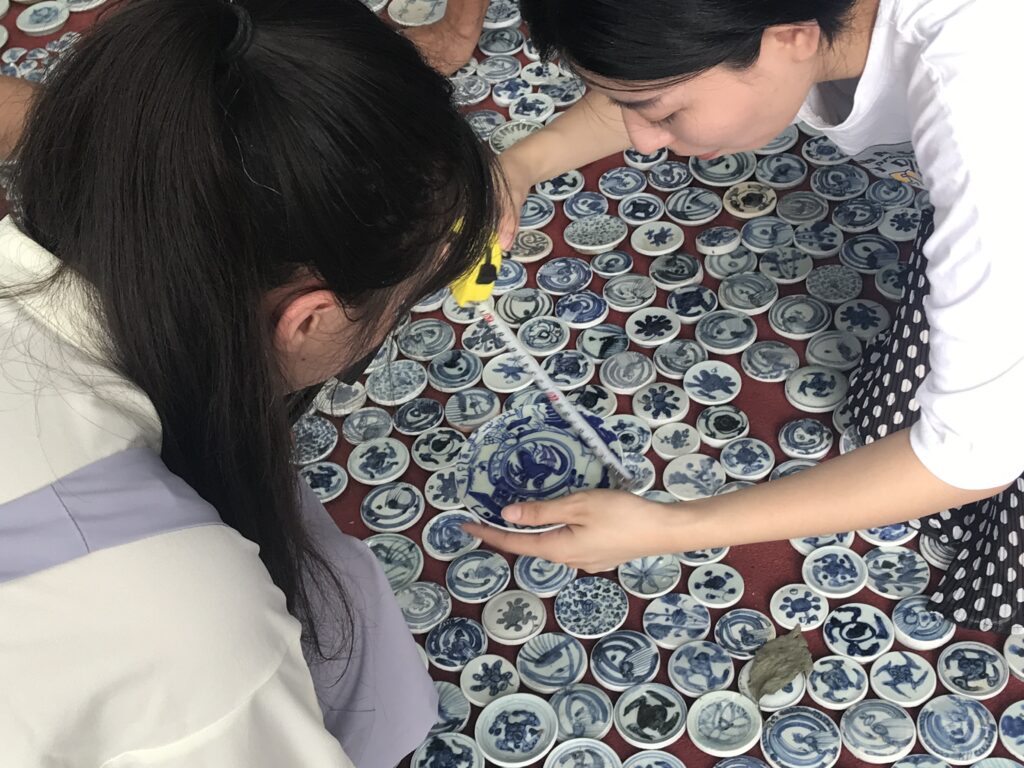
The heritage industry is part of the problem but it is also part of the solution if heritage is approached/interpreted for its multilayered, multivocal and dynamic cultural qualities rather than as a static commodity.
